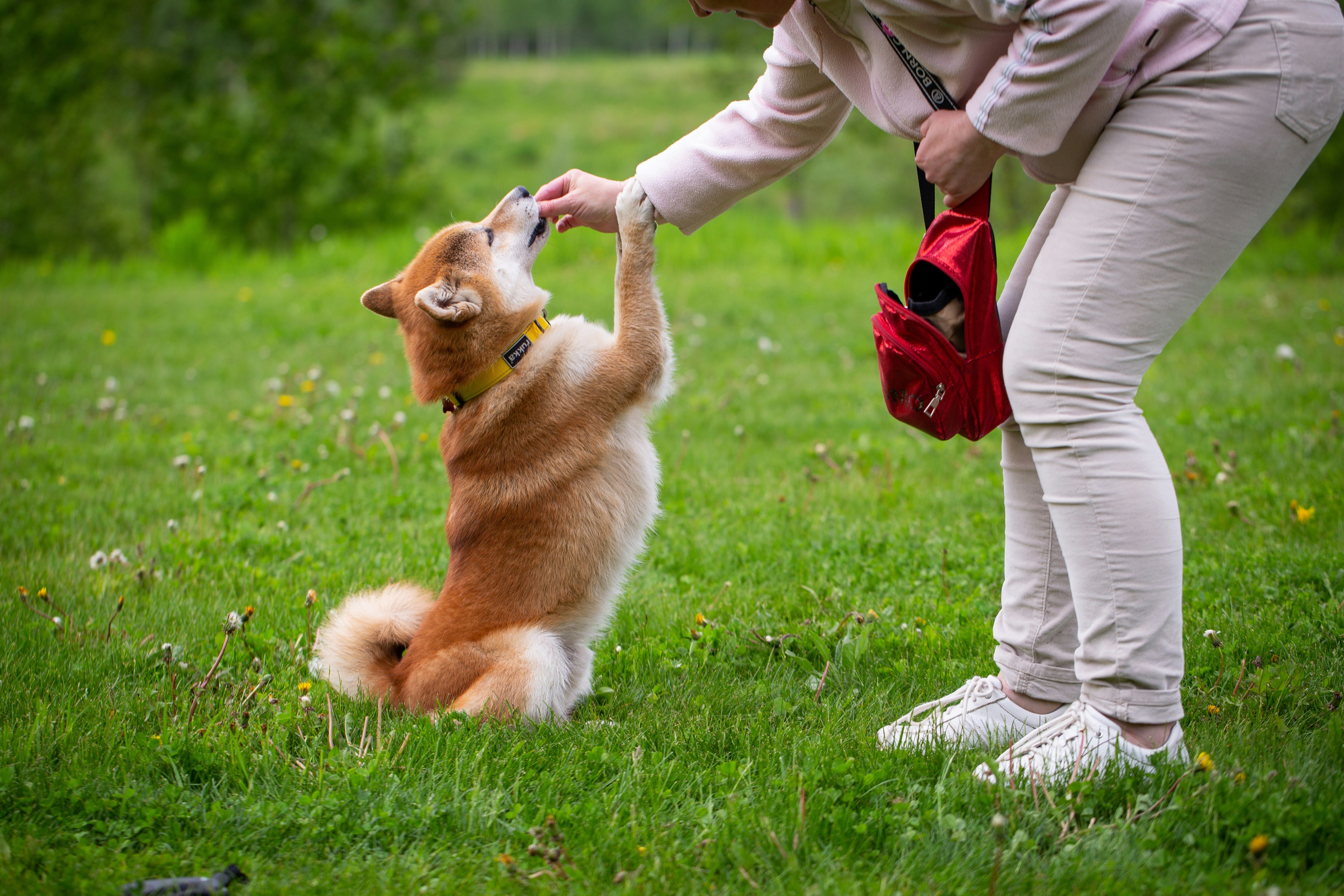A dog's digestive system can be complex and sensitive. One clear indicator of potential issues is the color of its stool. While there's normal for some variation, a consistent change, particularly to yellow, can be a sign of underlying health problems.
The Normal Color of Dog Poop
Before diving into the abnormal, it's essential to have a baseline for what's considered normal. Healthy dog poop is typically brown, with variations in shade depending on diet. It should have a firm but pliable consistency, holding its shape without being noticeably watery or hard.
Why is My Dog's Poop Yellow?
A range of factors can contribute to yellow dog poop. Some are relatively harmless, while others might indicate more serious health concerns.
- Dietary Changes: Introducing new food and treats, or even switching between different brands can upset a dog's digestive system. This temporary imbalance can manifest in yellow dog poop.
- Food Intolerances or Allergies: Certain ingredients in a dog's food might trigger allergic reactions or intolerances. These can lead to various digestive symptoms, including yellow dog poop.
- Indigestion: Occasional indigestion can cause a temporary change in stool color. If it's a one-off occurrence and your pup seems otherwise healthy, it's likely nothing to worry about.
- Infection: Bacterial or parasitic infections can disrupt the digestive process, resulting in yellow stool. Other symptoms, such as diarrhea, vomiting, or lethargy, often accompany these infections.
- Liver or Pancreas Issues: In more severe cases, yellow dog poop can be a symptom of liver or pancreas problems. These organs play crucial roles in digestion and nutrient absorption.
- Gallbladder Disease: The gallbladder stores bile, essential for fat digestion. Issues with the gallbladder can affect bile production and lead to changes in stool color, including yellow.
When to Worry About Yellow Dog Poop
While occasional yellow dog poop might not be cause for alarm, it's essential to monitor your furry friend’s overall health. If you notice any of the following symptoms, it’s time to speak to a veterinarian:
- Persistent yellow poop
- Diarrhea or constipation
- Constant vomiting
- Lethargy
- Loss of appetite
- Unexplained weight loss
- Yellowing of the eyes or gums (jaundice)
Prevention and Treatment
Preventing yellow dog poop involves a combination of good diet, regular exercise, and prompt attention to any changes in your furry friend’s health. The treatment for yellow dog poop depends on the underlying cause. If it's a one-time occurrence and your pup seems otherwise happy and healthy, you might be able to manage it at home.
Dietary Considerations
A well-balanced diet formulated for your pup’s age, breed, and activity level is the best way to ensure your pup’s digestive health. Look for food that contains high-quality protein sources, digestible carbohydrates, healthy fats, and fiber.
Avoid foods with artificial ingredients, fillers, or unhealthy fats, as these can irritate the digestive tract and contribute to yellow dog poop. Limit treats to 10% of their daily calorie intake and choose healthy options like fruits, vegetables, or lean protein.
Your veterinarian might recommend switching your dog's food to a bland diet for a few days to allow their digestive system to settle. They might also suggest a prescription diet for dogs with sensitive stomachs or digestive problems.
If you plan to switch your dog's food, do so gradually over 7-10 days. This allows their digestive system to adjust to the new ingredients and minimizes the risk of stomach upset and yellow stool.
Other Factors
Regular exercise is essential for overall health, including digestion. Exercise helps stimulate the digestive system and promotes regular bowel movements. Aim for your pup to exercise at least 30 minutes of moderate exercise daily.
Depending on the diagnosis, your veterinarian might prescribe medications to address the underlying cause, such as antibiotics for bacterial infections, probiotics to restore gut flora balance or medication to manage liver or pancreas function.
Likewise, deworming as necessary is essential to prevent parasites that can cause digestive issues, including yellow dog poop. Discuss a parasite prevention plan with your veterinarian.
Keep Your Dog Healthy With Paw Pail
Early detection and proper care are vital to addressing digestive concerns. While dietary adjustments and lifestyle changes can address the problem, persistent or severe symptoms necessitate a veterinary visit.
To maintain optimal digestive health, consider incorporating a comprehensive pet care routine. This includes a balanced diet, regular exercise, and products that support gut health. Paw Pail is a valuable addition to any pet owner's toolkit, providing a hygienic and odor-free solution for waste management. By investing in Paw Pail, you can help ensure your furry companion enjoys a happy and healthy life.



